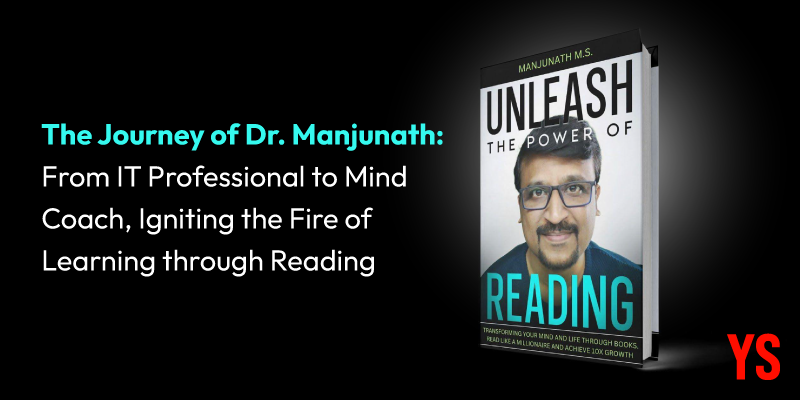Education is a public good and edtech entrepreneurs carry a social responsibility: NIIT’s Rajendra Pawar
Chairman and Co-founder of NIIT Group, Rajendra S Pawar, believes that, while the tough times for the edtech sector will pass, entrepreneurs in the space will do well to remember that they have a social responsibility to fulfil.
Entrepreneurs in the edtech space—more than any other sector—have the social responsibility of making good on their promises to stakeholders, believes Rajendra S Pawar, Chairman and Co-founder of learning management and training delivery solutions provider NIIT Group.
“Education is a public good, and while it should ideally be 6% of the country’s GDP, for various priorities, it has remained at 3% of the GDP. We are having to get the remaining from the non-government sector which comes at a cost,” said Pawar, during a fireside chat with Shradha Sharma, Founder and CEO of YourStory, at TechSparks Mumbai.
He added that while an edtech entrepreneur is tapping into this, they have to stand by their social responsibility to the field of education.
“The big problem started when edtech attracted bright people because there was money coming in. The sector went up for five years and, during that time, too many bright people got into edtech though it wasn’t their passion,” said Pawar.
He remarked that the sector has come under criticism as founders could not deliver on the promises they made to their customers, alluding to edtech major which has seen its fortunes nosedive due to alleged mismanagement of external capital and aggressive sales strategy to enrol students.
Sense of purpose is important
NIIT, which started with bridging the IT talent gap in 1981, has now grown into a business encompassing its publicly listed entity, NIIT Learning Systems Limited, which owns and operates the group's corporate learning business, and NIIT Limited, which includes other businesses such as NIIT Digital, StackRoute, RPS Consulting; Talent Pipeline as a Service; Institute of Finance, Banking and Insurance; and Sales and Service Excellence.
From bridging the IT training gap, NIIT moved to filling the talent gap in banking roles, in consultation with the then Managing Director and CEO of ICICI, KV Kamath.
The company has managed to stand the test of time even as new-age edtech startups dominate the markets and continue to grow.
Pawar noted that entrepreneurs need to look at building sustainable and rational brands to last a long time. He added that this is one of the reasons why NIIT has stayed away from the test-prep market as the probability of guaranteeing an outcome is less than 1%, while that isn’t the case with upskilling.
“A brand is what remains after a transaction is done,” said Pawar, adding that it was important for entrepreneurs to build something which excites them.
As an entrepreneur in the education space, it is important to have a sense of purpose, he said. “It is important that what you do gives you an innate sense of joy … If not, you feel bored after some time. If it gives you joy, you can be fatigued, but you will never be bored."
Using the analogy of cricket, he stated that entrepreneurs should have their eyes on the ball rather than the scoreboard.
The edtech sector has seen major changes since the pandemic with valuations stabilising. However, Pawar appeared unfazed by these changes.
“For edtech entrepreneurs, my message is, this too shall pass. Many edtechs will grow, there will be some missteps, but this too shall pass,” he reiterated.
Need for corporate governance and accountability
Pawar also emphasised the need for building corporate governance measures from day one of inception of a company.
“Corporate governance does not cost money; it means are you doing things right? And the second part is, what mechanism do you have to tell you that something is not right?” he said.
Pawar also said it was important for entrepreneurs to make themselves vulnerable to their subordinates to foster a culture of feedback.
“I am surprised that highly established venture capital investors give money but do not exercise their judgement. It is important to have a team, make simple principles, and make people responsible,” he added, urging entrepreneurs to ensure they can be held to the promises they make.

Edited by Swetha Kannan










